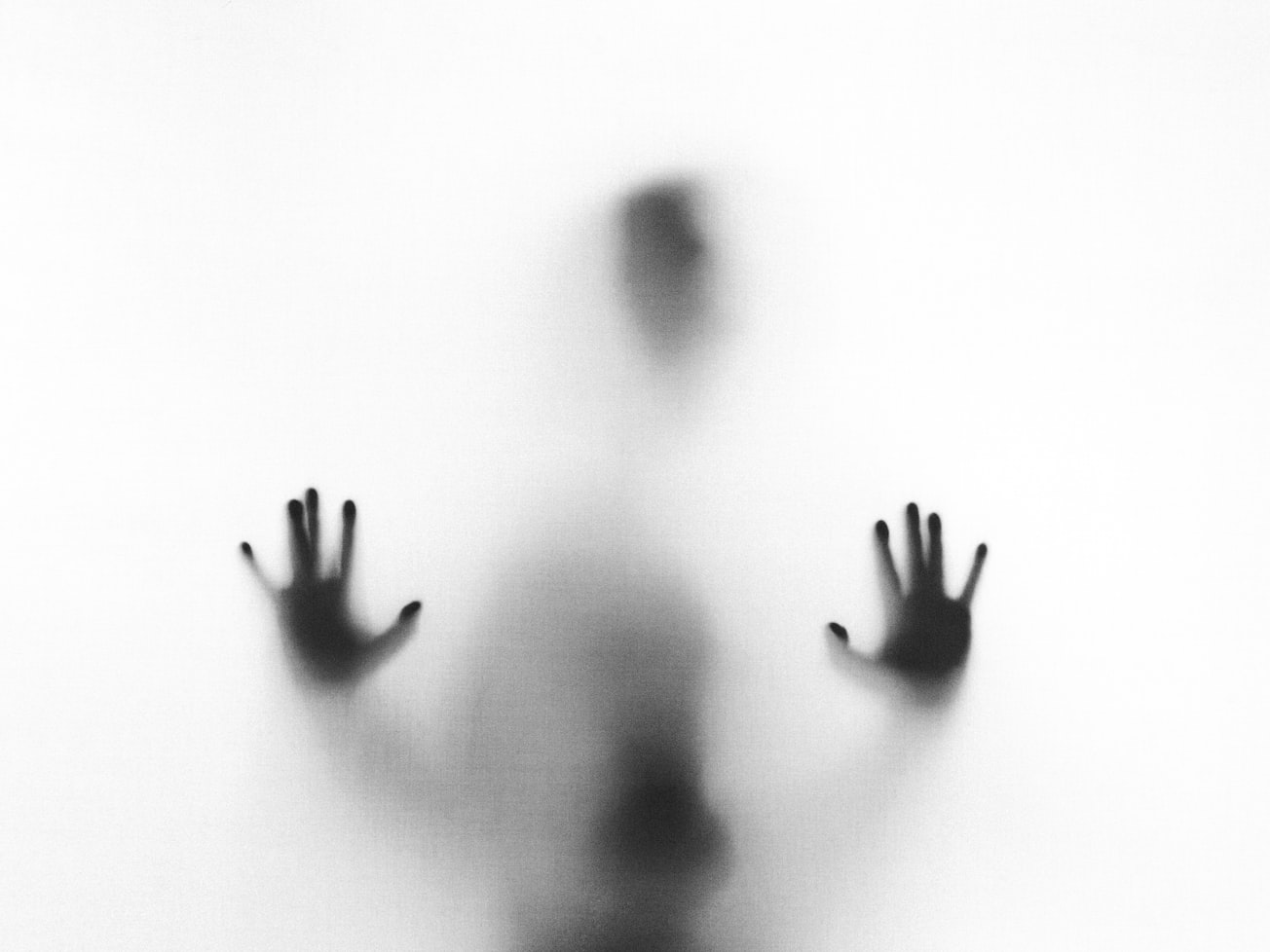What is it about?
Occupational therapists, physical therapists, kinesiotherapists, and chiropractors who treat people with painful musculoskeletal disorders such as low back pain are confronted frequently with how to identify and manage problems with motivation, including depression. Depressive illness is comorbid with painful musculoskeletal disorders such as low back pain and it negatively affects outcomes, including return to work. This paper describes how an outpatient physical and chiropractic clinic successfully managed this problem.
Featured Image

Photo by Stefano Pollio on Unsplash
Why is it important?
Depression diminishes compliance with treatment and interferes with return to work, but is outside the scope of practice of occupational therapists, physical therapists, kinesiotherapists, and chiropractors. These clinics develop a method to screen and triage pain patients without disrupting therapy, a model that can be adopted widely.
Perspectives
This is an exciting method for occupational therapists, physical therapists, kinesiotherapists, and chiropractors to expand rehabilitation into a team effort to help patients holistically.
Dr. Leonard Matheson
EPIC Neurorehabilitation & Psychology Services
Read the Original
This page is a summary of: Development and validation of a method to screen for co-morbid depression by non-behavioral health practitioners treating musculoskeletal pain, Work, October 2020, IOS Press,
DOI: 10.3233/wor-203252.
You can read the full text:
Contributors
The following have contributed to this page










